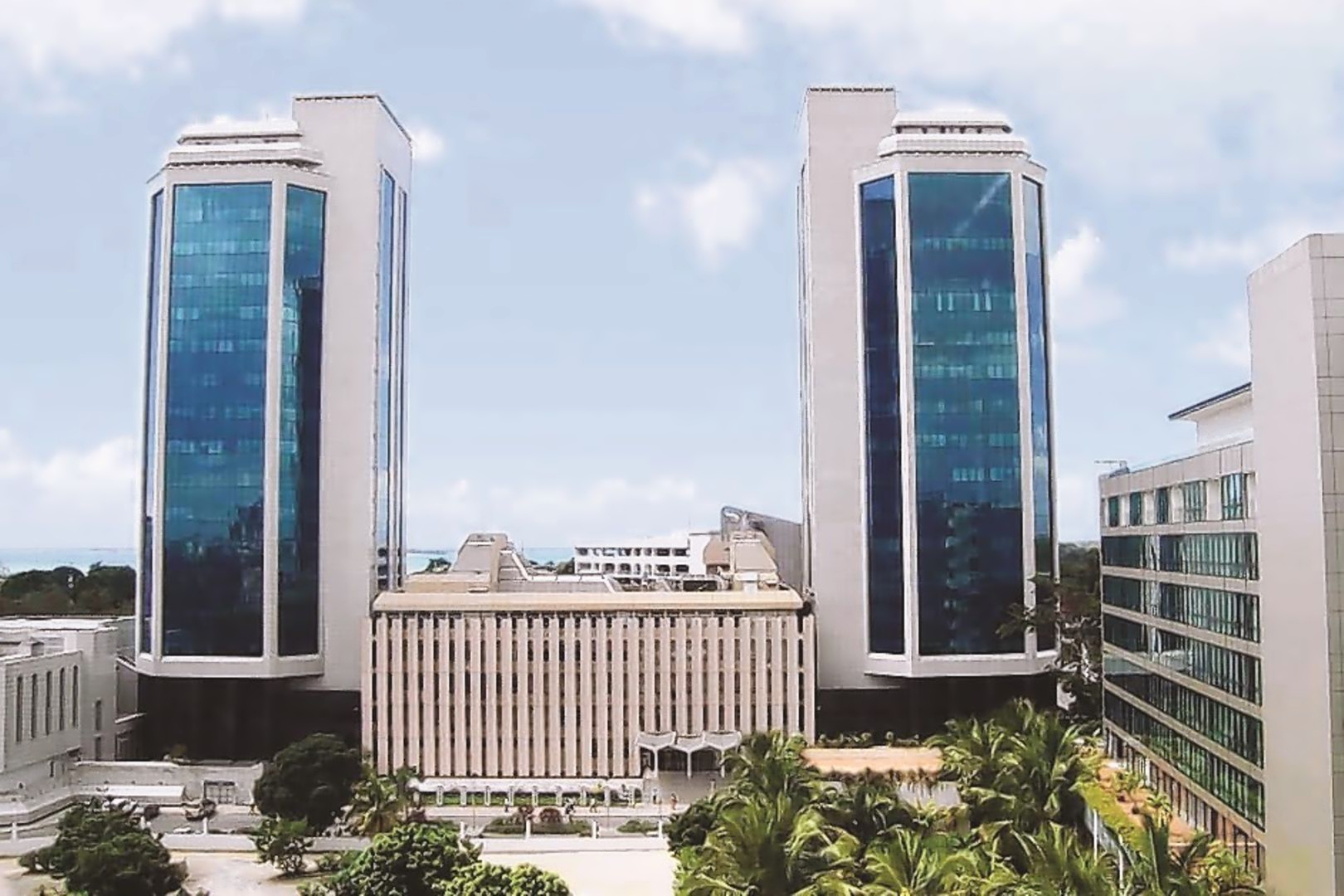Education is the greatest hope for Africans to eliminate poverty

Education is touted as an effective tool that can help Africa fight off poverty and bring about human development for improved wellbeing, food security and people leading lives that are free from diseases. PHOTO | FILE
What you need to know:
- This is through education which will remains one of the greatest tools to fight poverty. In Tanzania, there has been free universal primary school education for years. In recent years, the government introduced free Ordinary Level of Secondary Education.
I can confidently say the East African Community (EAC) is one of the richest blocs in the world. If you look at Tanzania’s natural resources and add those of DR Congo, the oil of South Sudan, that of Uganda and Kenya, EAC is a well-endowed bloc with natural wealth.
Yes, although our nations are rich yet the citizens are poor. We have people suffering from malnutrition and other food and nutrition-related challenges, while others die due to a lack of medicine.
According to The European Union’s Generalised Scheme of Preferences (GSP), DRC “is considered the world’s richest country in terms of wealth in natural resources. Most of the raw mineral deposits remain untapped and are worth an estimated $24 trillion.” Yet, according to the UN classifications, it is one of the Least Developed Countries (LDCs).
DRC is also among the top ten countries in the world with an alarming level of hunger. The Concern Worldwide and Welthungerhilfe, Global Hunger Index has indicated that about 13 million people need humanitarian assistance.
According to the United Nations, in South Sudan, food insecurity in 2022 is extreme to the extent that there is fear of a great humanitarian crisis. South Sudan is ranked 186 out of 189 countries on the Human Development Index (HDI). The Concern Worldwide indicates that about 7.5 million people need humanitarian assistance, 1.5 million people are internally displaced, and 5.29 million people face food insecurity.
In Kenya, reports say over 3.5 million people are facing severe hunger.
In Burundi, 52 percent of children under 5 years are stunted and there is a high level of malnutrition among rural communities. The World Food Programme (WFP) indicates that, in Rwanda, one-fifth of the population is food insecure, with stunting among young children at 35 percent.
Looking at Tanzania’s recent food exports to neighbouring countries, you will realise that we are food self-sufficiency.
As a country, we have had national food self-sufficiency for decades which helped us become a net exporter of grains and other foodstuffs in the region.
However, we have been experiencing a big problem with childhood undernutrition. Note that malnutrition is rampant in food bread basket regions.
Looking at the above general outlook of the whole region of EAC, you realise that we are in the woods as far as food issues are concerned.
When we talk of food, it is about our health. Yes, I agree with those who say “we are what we eat”. As I said earlier, our nations are rich, but the people are poor.
Most people who suffer from a lack of food are those who cannot afford to buy. The problem here is more of a lack of access to food but not its availability. Hunger in Africa is a question of poverty.
As African governments work on policy issues, the citizens need to be inspired to change their living conditions through sheer hard work and perseverance so as to get out of poverty.
This is through education which will remains one of the greatest tools to fight poverty. In Tanzania, there has been free universal primary school education for years. In recent years, the government introduced free Ordinary Level of Secondary Education.
Now, the current government has introduced free education for Advanced Level of SecondaryEeducation.
This is a great opportunity for young people considering that previously there are those who could not make it to A-level for lack of fees.
To fight hunger and malnutrition, maybe all the EAC countries need to seriously start teaching agriculture and business education right from primary school. There is a need to use education as a tool to fight hunger. Let’s make the young people understand that education remains the greatest hope for Africans to get out of poverty.





